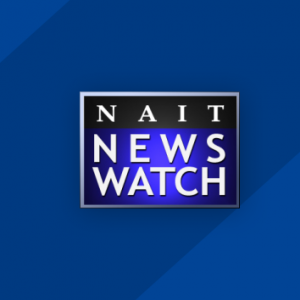Enjoying the outdoors is a favourite pastime for many in Edmonton. During this pandemic, one of the few positives has been having more time to get outdoors, and this has meant people have been noticing more and more wildlife. This has led to an increase to calls to animal shelters across the city.
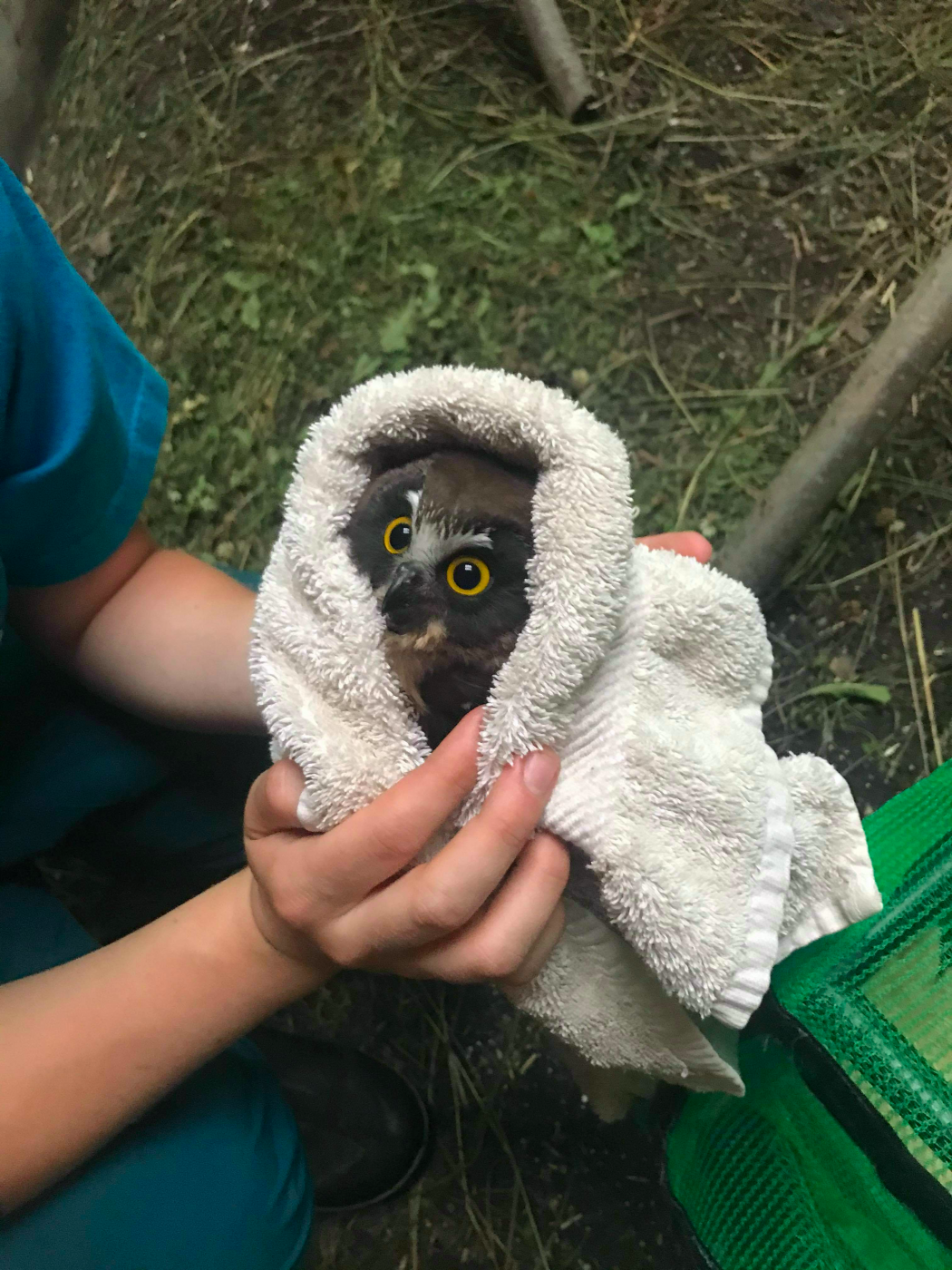
“I would say, probably because people are being more observant, they are seeing more wildlife in distress and they are reporting it,” says Kim Blomme, founder of WILDNorth and director of wildlife services.
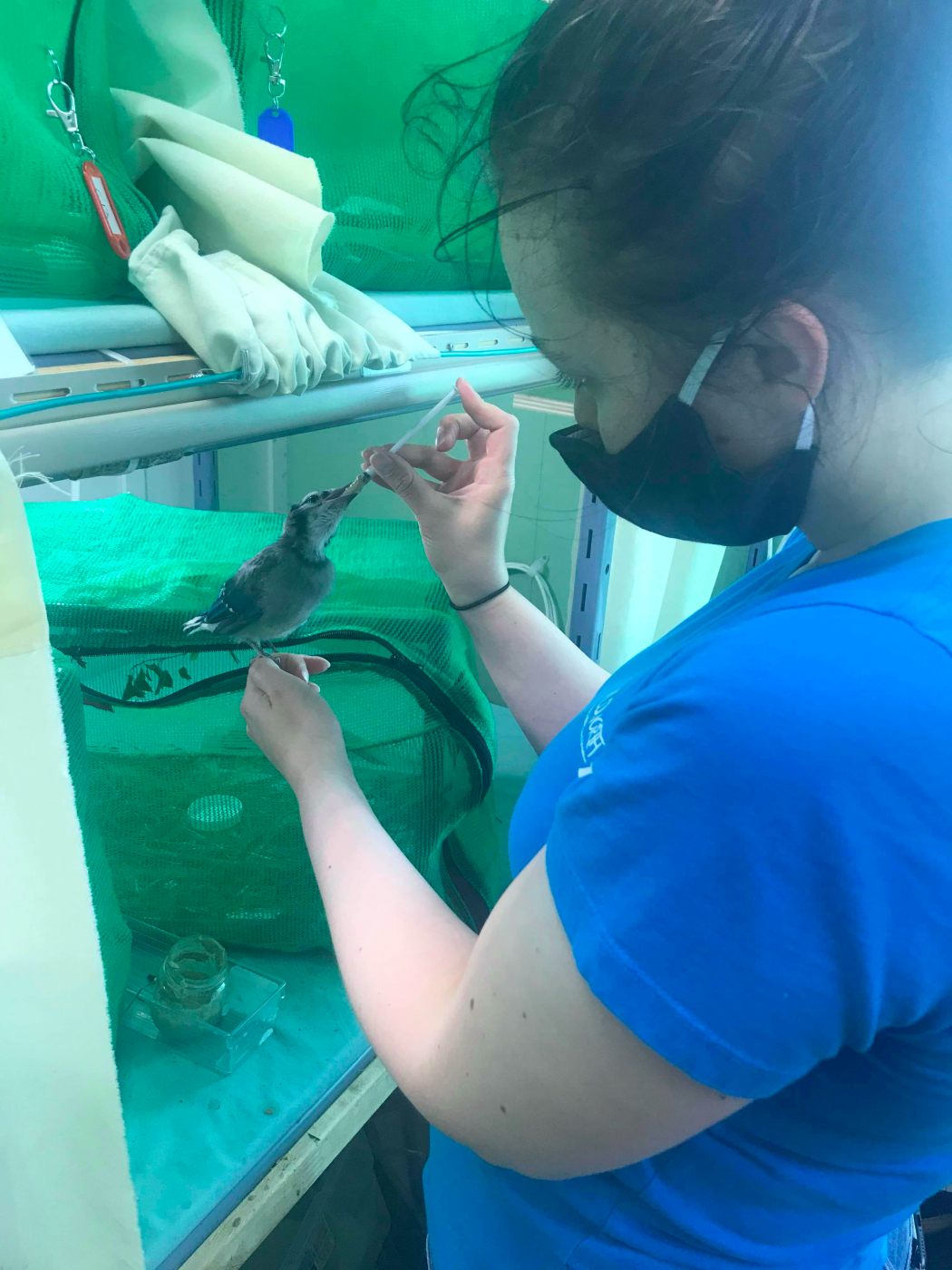
Back in June, the WILDNorth hospital and rehabilitation centre saw an increase of animals rescued from last year by 60%. It also saw its calls to their hotline increase by 67%. Retailers of outdoor goods have also experienced increased sales, which translates to more people being outside and spotting wildlife in need of rescue.
Kim founded the WILDNorth Animal Shelter and rescue 32 years ago. She started at a veterinary clinic in Edmonton focusing on pet birds and began seeing people come in with wild birds in need of help.
“A light bulb went off that ‘Hey. There isn’t really anywhere in Edmonton for people to take these critters’ you know. So that’s how WILDNorth started.”
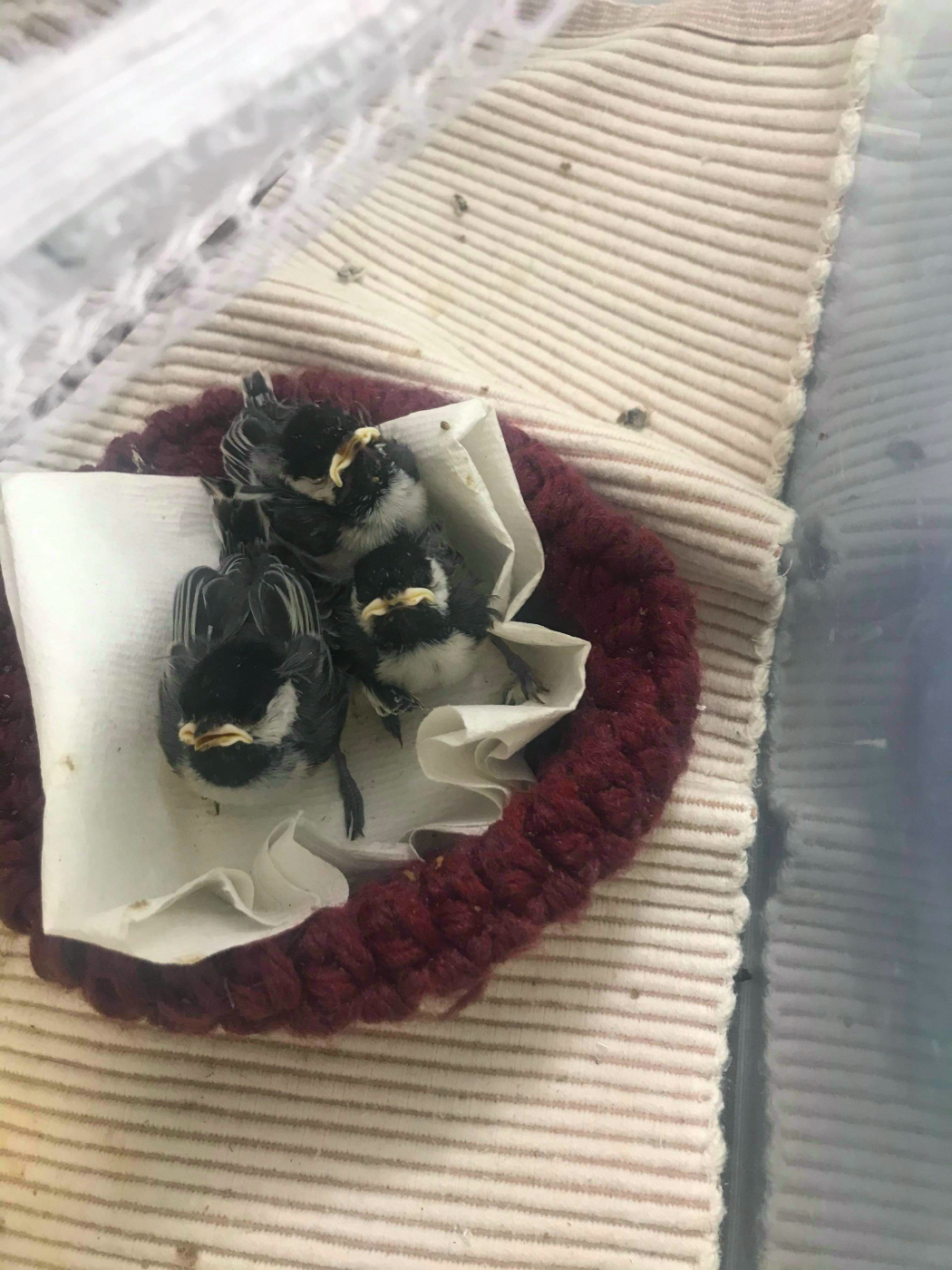
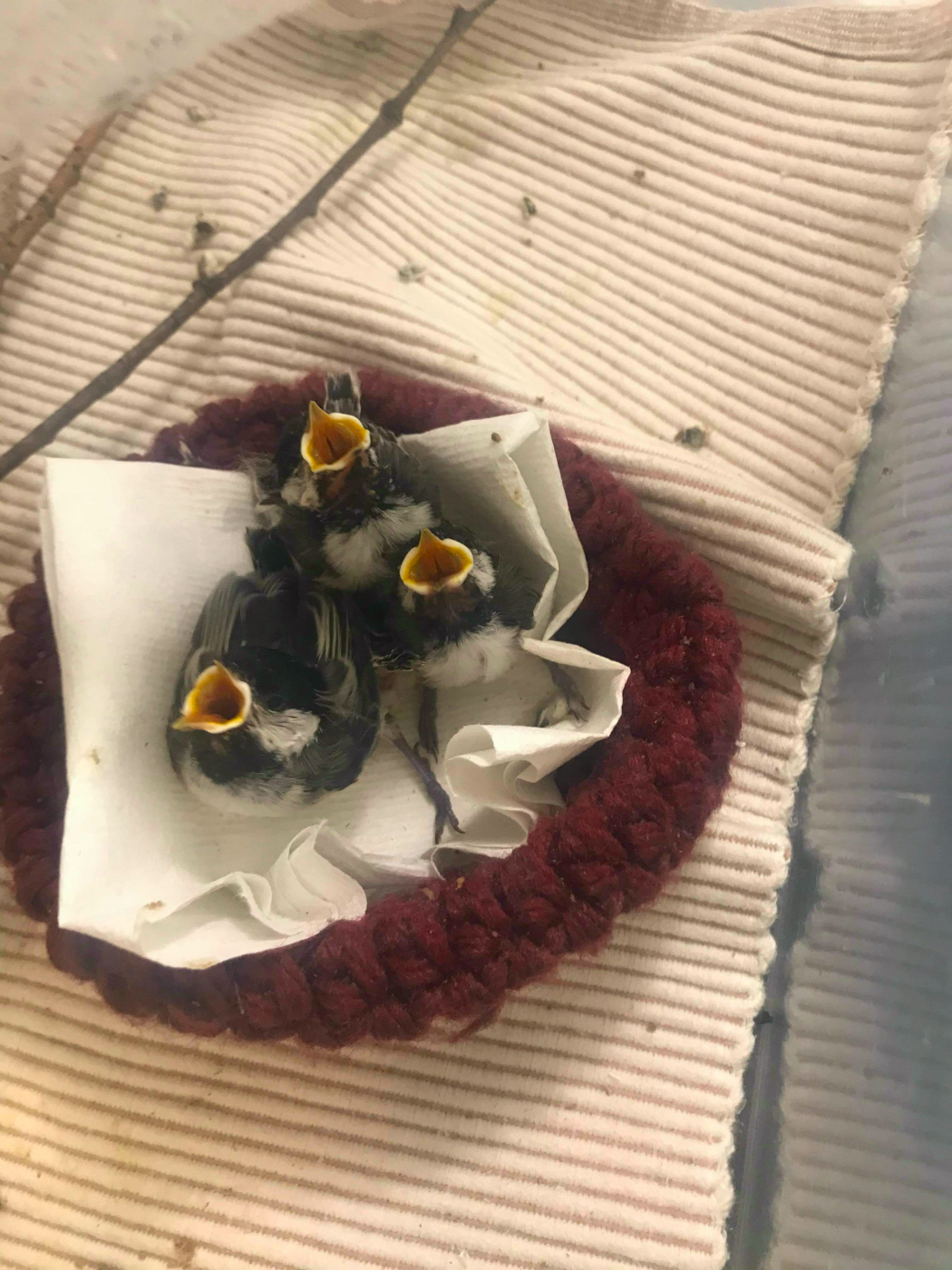
On top of the increase in animals, the shelter has had to lower the number of volunteers and limit the amount of people in the building at a time. At the beginning of the pandemic, they closed their doors to nearly 225 volunteers, who help with things like animal care, data entry and animal transport. They have since been allowed to let a limited number of volunteers back but are not looking to add more.
“We have not been recruiting any new volunteers for quite some time because we can’t guarantee any type of experience at this point, cause things are changing so quickly.”
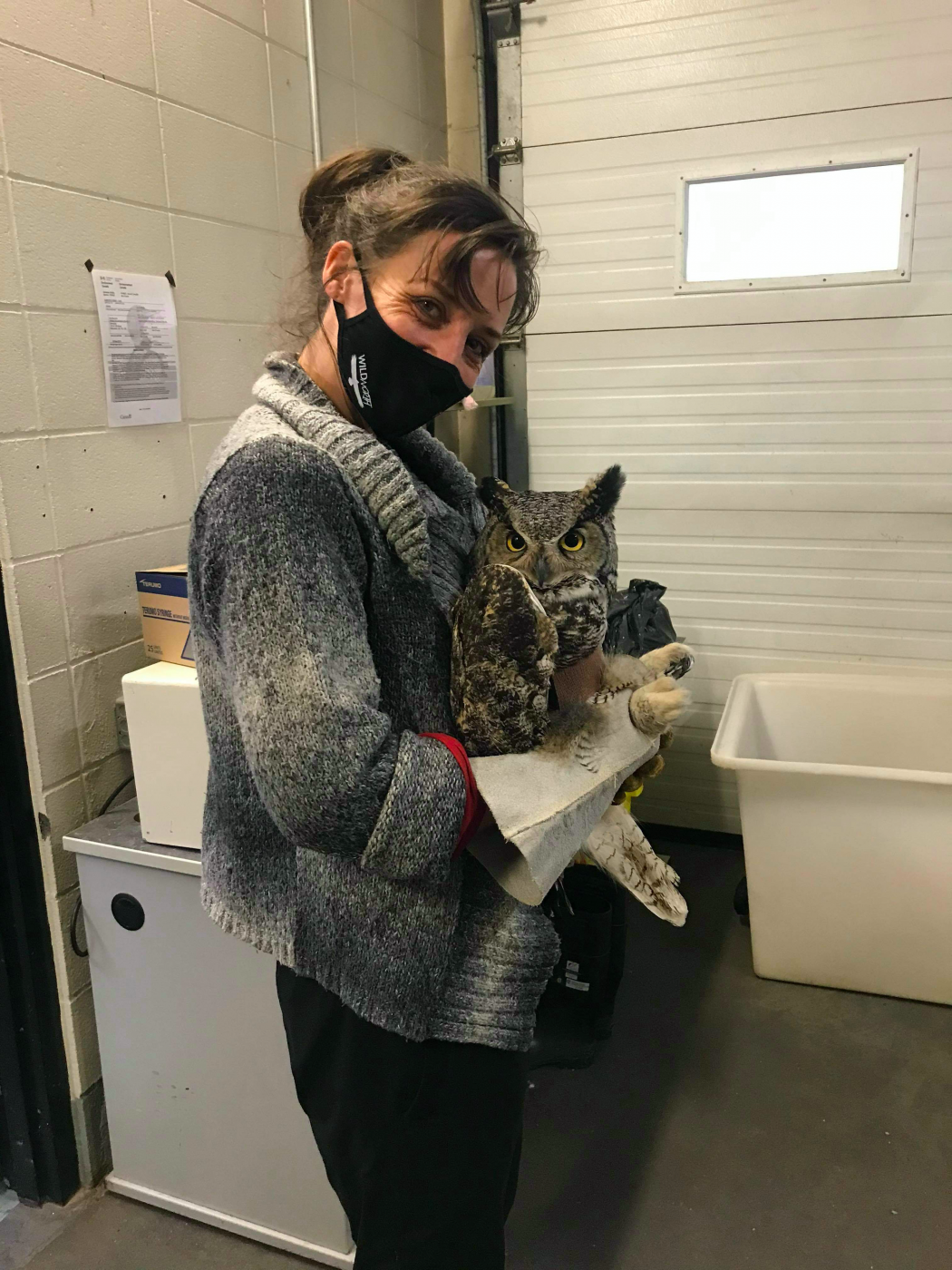
Another problem caused by the COVID-19 restrictions has been fundraising. WILDNorth normally has a yearly gala event that had to be cancelled, as well as fundraising runs that had to be done virtually.
“We really had to try and think about other ways to get in donor dollars cause we are a non-profit organization. We rely on donors to survive.”
Kim says the wildlife hotline is the best tool they have to educate the public. Some days they can answer as many as 100 calls, and the staff are able to answer questions and locate animals in distress. If you believe you see an injured animal or have a wildlife question, you can call the hotline at 780 914 4118.

